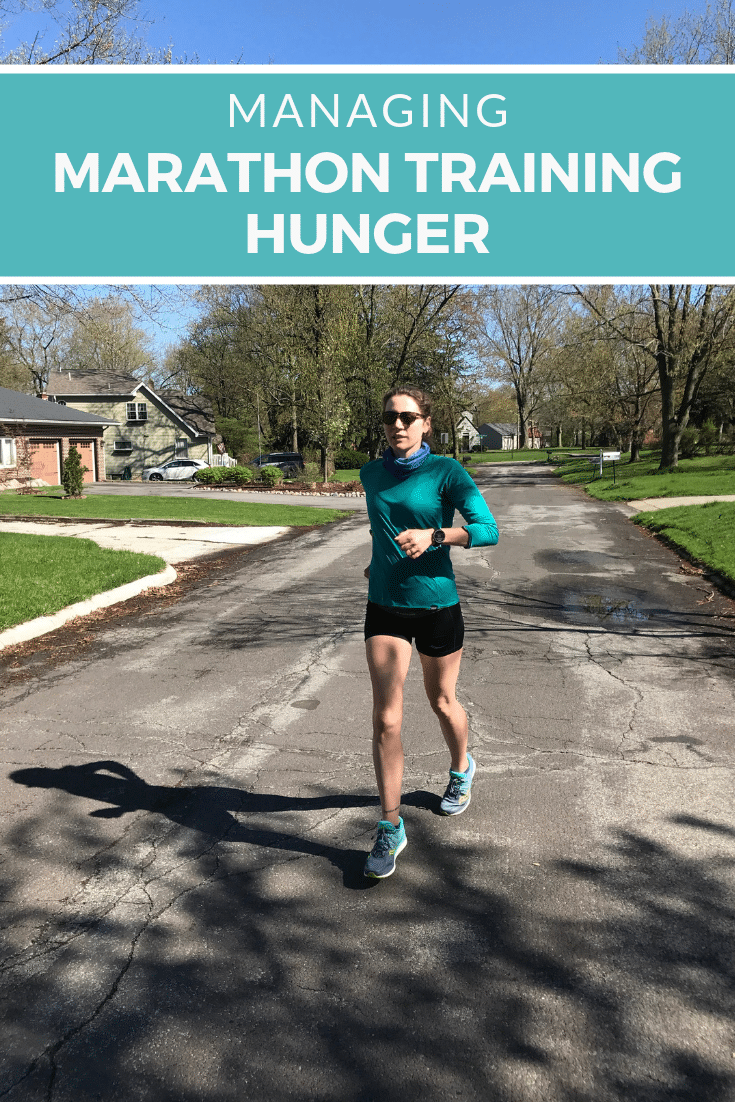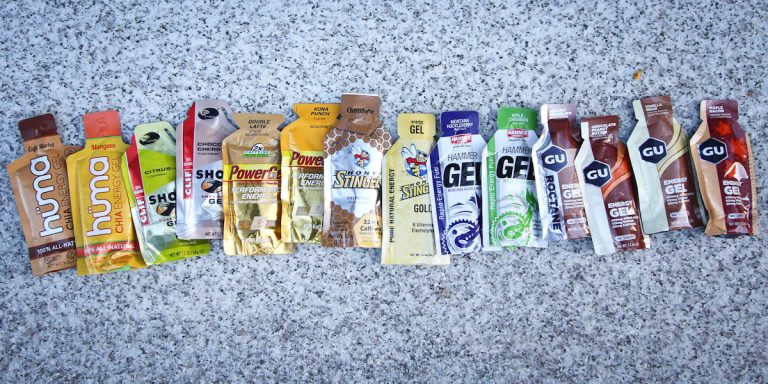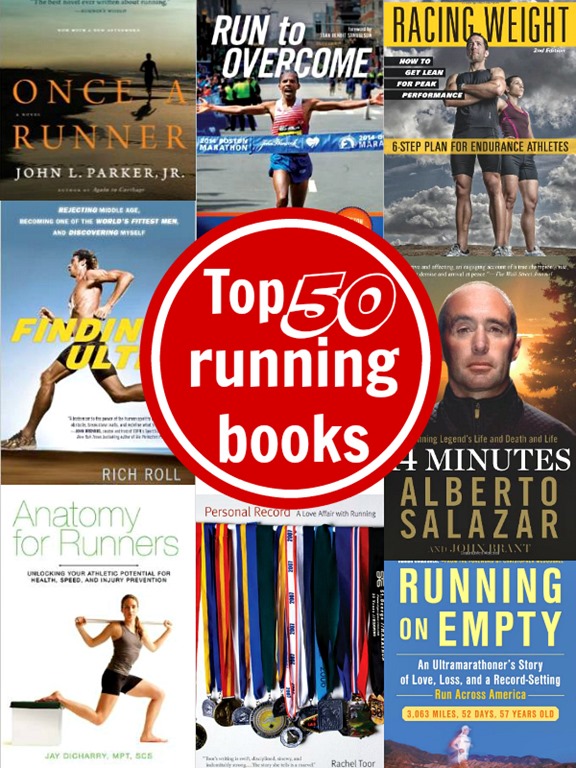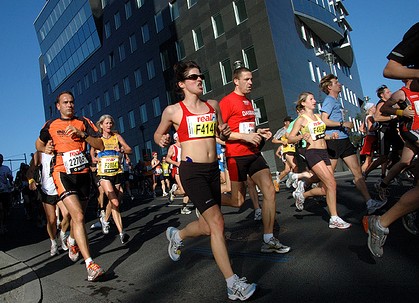Hunger During Marathon Training
Hunger during marathon training can be managed with balanced nutrition and proper hydration. Maintaining a diet rich in carbohydrates, proteins, and healthy fats is essential for energy levels and endurance.
Hydrating adequately before, during, and after training sessions is also crucial for optimal performance. It’s common to experience hunger during intense physical training like marathon preparation. Ensuring your body is fuelled with the right nutrients is key to sustaining energy levels and performance.
This article explores effective strategies to manage hunger during marathon training, helping you maintain peak performance and achieve your goals.
Effects Of Hunger On Marathon Training
Training for a marathon requires a significant amount of energy and dedication. However, hunger can have detrimental effects on marathon training, affecting energy stores and performance. It is crucial to understand the impact hunger can have on the body and how it can hinder the progress of marathon training.
Depletion Of Energy Stores
Without adequate nutrition, the body’s energy stores become depleted, causing fatigue and decreased endurance during long runs. Low glycogen levels hamper the body’s ability to effectively fuel muscles, leading to diminished performance and an increased risk of injury.
Impaired Performance
Hunger negatively affects the body’s ability to recover from intense workouts. Muscle repair and growth are compromised, leading to prolonged soreness and longer recovery times. Overall performance suffers as hunger inhibits the body’s ability to adapt and improve during training.

Credit: www.runtothefinish.com
Causes Of Hunger During Marathon Training
Long-distance running burns calories rapidly, causing an increase in hunger.
This hunger is the body’s way of signaling the need for additional fuel.
Marathon training elevates metabolism, leading to higher energy demands.
Runners may experience intense hunger due to the energy expended during workouts.
Poor dietary choices can result in insufficient nutrient intake for the demands of training.
A lack of essential vitamins and minerals can trigger feelings of hunger.
Nutrient deficiencies may lead to cravings and increased appetite during marathon training.
Signs And Symptoms Of Hunger During Marathon Training
Signs and Symptoms of Hunger During Marathon Training Excessive FatigueFeeling tired constantly can indicate hunger during marathon training.
Resulting from inadequate nutrition, fatigue can significantly impact performance.
Difficulty ConcentratingStruggling to focus is a sign of hunger during long training sessions.
Lack of nutrients affects mental clarity and concentration levels.
During marathon training, hunger can manifest through various signs and symptoms that impact both physical and mental performance.Inadequate nutrition leads to excessive fatigue and hindered performance.
Maintaining focus becomes challenging when hunger affects concentration.
Signs and Symptoms of Hunger During Marathon Training Excessive Fatigue Difficulty Concentrating
Credit: lauranorrisrunning.com
Strategies To Combat Hunger During Marathon Training
Proper Meal Planning
Ensuring adequate fuel for your body during marathon training starts with proper meal planning. Schedule your meals around your training to ensure you are consuming the right nutrients at the right times. A balanced combination of carbohydrates, proteins, and healthy fats will keep you satisfied and energized. Consider creating a weekly meal plan to streamline your food preparation and ensure you are getting the nutrients you need.
Smart Snacking
Smart snacking is crucial when combatting hunger during marathon training. Opt for nutrient-dense snacks such as nuts, seeds, dried fruits, and Greek yogurt. Try to include a source of protein in your snacks to help keep you feeling full and satisfied. Additionally, consider incorporating pre-workout and post-workout snacks to fuel your body for exercise and aid in recovery.
Seeking Professional Help For Hunger During Marathon Training
Seeking Professional Help for Hunger During Marathon Training
When embarking on a marathon training journey, hunger becomes a common challenge for many athletes. The increased physical exertion and energy expenditure often leads to a ravenous appetite that can be difficult to manage. While it’s important to listen to your body’s cues and fuel properly, sometimes it can be a daunting task to find the right balance. That’s where seeking professional help can make a world of difference.
Consulting A Registered Dietitian
One of the first steps in managing hunger during marathon training is consulting a registered dietitian. These experts are trained in nutrition and can provide personalized guidance to help you create a meal plan that meets your individual needs. A dietitian will work with you to assess your goals, current eating habits, and training schedule, and then develop a plan that includes the right balance of macronutrients to fuel your body.
They can also help you understand your hunger cues and differentiate between true hunger and emotional cravings. By learning to listen to your body and eat mindfully, you can optimize your training performance while still satisfying your hunger.
Working With A Sports Nutritionist
In addition to a registered dietitian, working with a sports nutritionist can take your marathon training to the next level. Sports nutritionists are specialized professionals who have an in-depth understanding of the unique nutritional needs of athletes. They can tailor a nutrition plan specifically to support your training goals and optimize performance.
A sports nutritionist can also advise on the timing and composition of pre- and post-workout meals to enhance recovery and fuel your workouts. They can help you find the right balance of carbohydrates, proteins, and healthy fats to keep you satiated and energized throughout your training.
By collaborating with both a registered dietitian and a sports nutritionist, you can ensure that your hunger during marathon training is properly addressed. These professionals can provide the expert guidance and support you need to fuel your body effectively, manage your appetite, and achieve your marathon goals.

Credit: runningmagazine.ca
Frequently Asked Questions On Hunger During Marathon Training
How To Prevent Hunger During Marathon Training?
To prevent hunger during marathon training, fuel your body with nutritious meals and snacks throughout the day. Drink plenty of fluids and include protein, complex carbohydrates, and healthy fats in your diet.
What Are Some Healthy Snacks For Marathon Training?
During marathon training, opt for healthy snacks like bananas, yogurt, trail mix, nut butter sandwiches, and energy bars. These options provide a good balance of carbohydrates, protein, and fats to keep you satisfied and energized.
Should I Eat Before A Long Run During Marathon Training?
Yes, it is important to eat a light, balanced meal before a long run during marathon training. Include carbohydrates and a small amount of protein to fuel your muscles and ensure you have enough energy to complete your run successfully.
Conclusion
In essence, proper nutrition is vital for marathon training success. Addressing hunger during training is crucial for overall performance and well-being. By consuming balanced meals and snacks, athletes can fuel their bodies effectively. Remember to listen to your body’s cues and adjust dietary intake as needed to support optimal training and recovery.







